Continuing our fear-of-flying series, this is a look into how to manage the impact that media reports have on your attitude toward flying.
About the Author
Suzanne Duke is a doctoral-level developmental psychologist who began her career working with young children and then with university students, particularly helping first-year students adjust to college life and living away from home. She is also a social worker and particularly enjoys treating anxiety disorders, such as fear of flying!
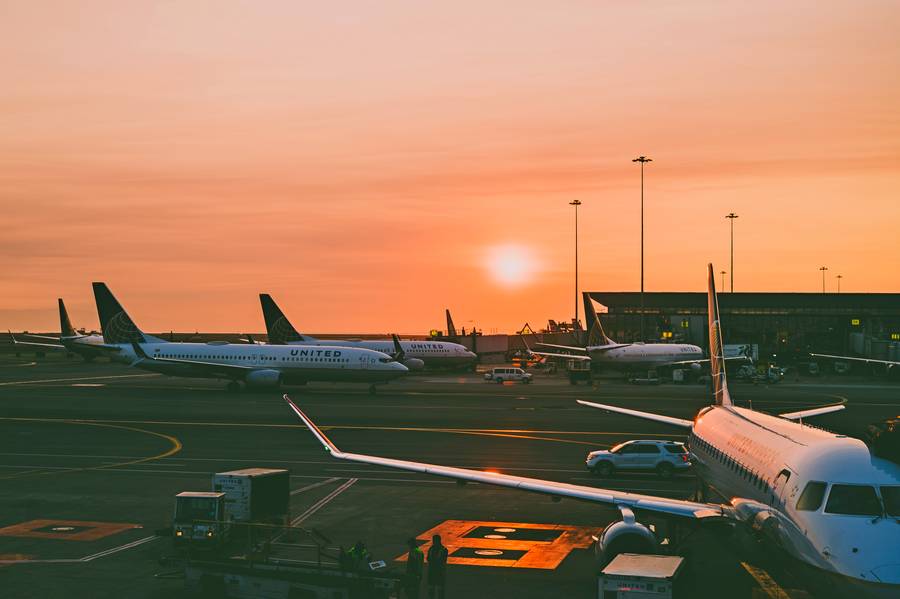
It has been a challenging few months for the commercial airline industry. Specifically, there have been a number of significant commercial air incidents involving safety in both the air and on the ground that the media has covered extensively (CNN, 3/2023). These events have been concerning enough that the Federal Aviation Administration (FAA) recently convened a meeting of its highest-level administrators with the goals of: 1.) Ensuring that all relevant data surrounding each event have been collected and are being appropriately analyzed; 2.) As necessary, making broad-scale safety recommendations intended to prevent further concerning incidents. As of this writing, the meeting has occurred, but the final report has not yet been made available.
Although the FAA’s actions are commendable and have the potential to effect lasting positive change in the airline industry, I would, however, argue that the past couple of months have also been quite difficult for nervous flyers. Given that as many as seven concerning incidents have occurred in a span of just 3 months, it feels like flying has suddenly become, well…downright dangerous. However, I would argue that while it may seem like flying is suddenly a risky activity, the statistical impact of these seven events is so infinitesimally small that it is likely to have no meaningful impact on overall aviation safety. But for nervous flyers, statistics often don’t matter; instead, the sense that danger is heightened is enough for many nervous flyers to opt for that train ticket instead a flight.
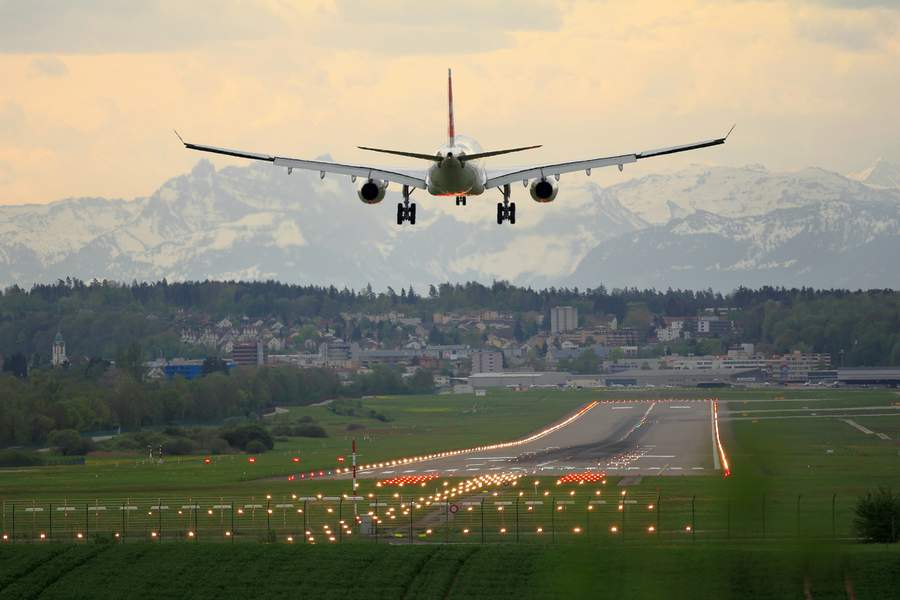
Ultimately, all of these issues raise a very practical question: how can nervous flyers stay abreast of basic news reports about aviation, some of which may be fear-inducing, and not allow potentially concerning information to cause severe anxiety or even stop them from flying altogether? Below, I offer some suggestions about how nervous flyers can manage media coverage of aviation news in a way that keeps them informed but not unnecessarily afraid.
CHOOSE YOUR MEDIA SOURCE CAREFULLY
Part of what makes following concerning aviation coverage difficult for the nervous flyer is the emotionally-provocative way so many media outlets cover news stories, and aviation news specifically. Particularly with the advent of the 24-hour news outlet, it is not uncommon for the coverage on many outlets to be heavy on speculation about events while short on facts. A large reason for this reliance on speculation is because aviation facts tend to be slow to be released. After all, NTSB investigations are likely detailed and complex and thus do not match the pace of 24-hour news outlets. I would also argue that much media coverage feels salacious and dramatic because those psychological experiences keep readers/viewers coming back for more coverage. To be fair, the draw to salacious news coverage is certainly not limited to aviation news, but aviation is a place where it is often seen.
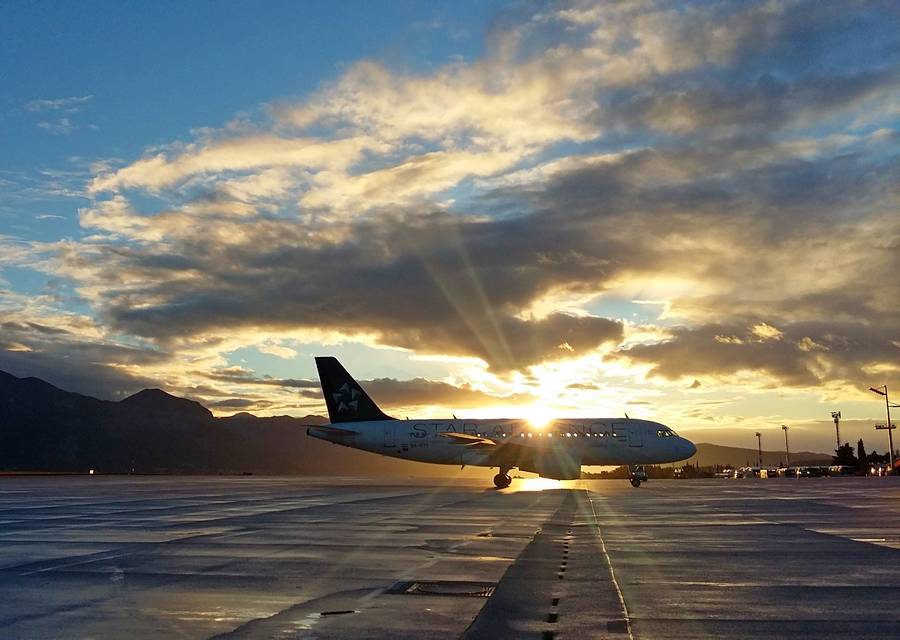
That said, to stay informed but not emotionally overwhelmed, you could choose as unbiased a news outlet as possible, all the while recognizing that no media source is completely unbiased. But such well-established outlets as the BBC, CNN, The New York Times, or The Washington Post might be good places to start. Within outlets such as these, I would also heavily recommend staying away from video representations of air accidents in particular, as disturbing information taken in visually can have a particularly anxiety-provoking effect. Written descriptions of events may be less emotionally provocative, likely because they provide details and context that a short-form video simply cannot.
LIMIT YOUR MEDIA TIME
Just because many news outlets have moved to 24-hour coverage of events does not mean you need to do so. In fact, continuing to follow repetitive coverage of potentially upsetting events will likely only increase your own anxiety. If you already know that a subject is upsetting to you but recognize that you want to know the basic details of the issue, one option is to set a timer pre-determining how long you will explore the coverage of the event.
For example, you might decide that you will read about the subject or watch related video coverage for 15 minutes, at which time you will put your computer away or turn off the television. Within reason, you can always check back in with your responsible news outlet of choice for another 15-minute session, but the goal should always be to obtain the information you need without getting mired in disturbing details.
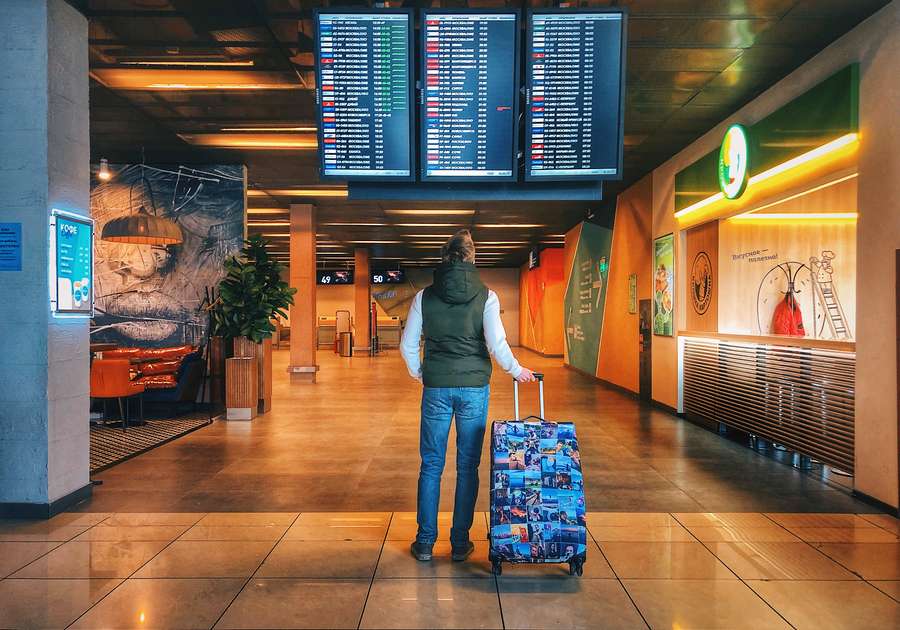
AVOID PROLONGED CONVERSATIONS ABOUT THE EVENT
Another issue nervous flyers may face is the possibility that other people in their lives may want to talk for long periods of time about the upsetting aviation issue, and while such conversations may significantly increase flight anxiety, fearful flyers may also find it difficult to politely stop such interactions. This is, however, a situation in which clearly setting boundaries about how much cognitive attention fearful flyers will give aviation issues is the only solution. I know it sounds difficult, but simply acknowledging to your conversational partner that you are finding such a conversation difficult may be surprisingly easy.
As I have talked about in other articles, up to 40% of travelers report some amount of travel anxiety. With that in mind, you may be pleasantly surprised to find that the person you are talking to also feels emotionally activated by talk of the aviation news at hand. It is not always obvious to us, but sometimes we bring up conversational topics because we are experiencing strong emotions related to them. That said, it is quite possible that anxiety over the aviation news of the day may be both the common ground between you and the person to whom you are talking as well as the impetus you both need to table the subject in light of something less psychologically dangerous.
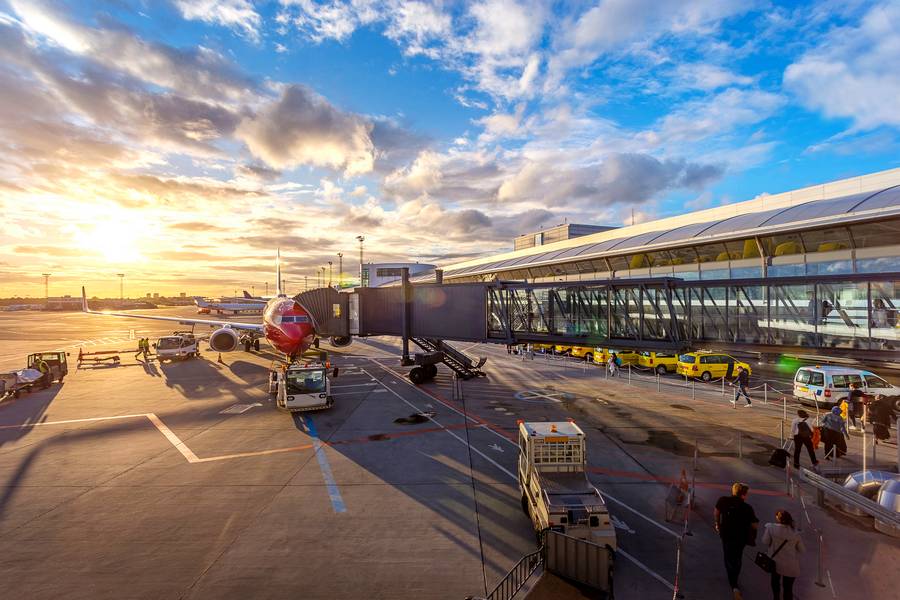
THE 15-MINUTE RULE AND BEYOND…
For nervous flyers, determining the best way to stay informed about aviation news, some of which will be anxiety-producing, is a complex and multi-faceted issue. It is affected by individual factors such as how fearful a flyer actually is to the often overly dramatic and salacious way some popular media outlets cover aviation issues. The suggestions I have offered about how to navigate this difficult path are just a starting point, but I hope they encourage you to think about how YOU can best stay informed about nerve-wracking aviation stories without feeling like your only option is to crawl back into bed and pull the covers over your head.
On that note, do reach out if you have thoughts, questions, or comments on the issue of how to manage media coverage. As always, feel free to leave a comment below, or you can always contact me at [email protected]. I look forward to hearing from you!
Previous articles in this series:
- 5 Strategies To Decrease Your Flight Anxiety
- What Exactly IS Aviophobia?
- How and Why Do People Develop a Fear of Flying?
- The Best Ways To Treat Your Fear of Flying?
- Use Medications, Alcohol to Control Flight Anxiety?
- What If My Child is Afraid of Flying?
- Why Does No One Smell Jet Fuel Except Me? (1/2)
- Why Does No One Smell Jet Fuel Except Me? (2/2)



